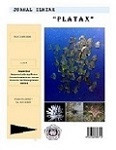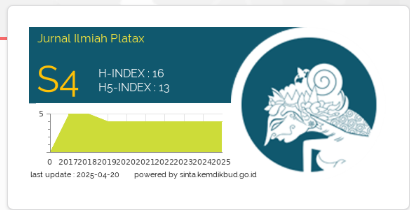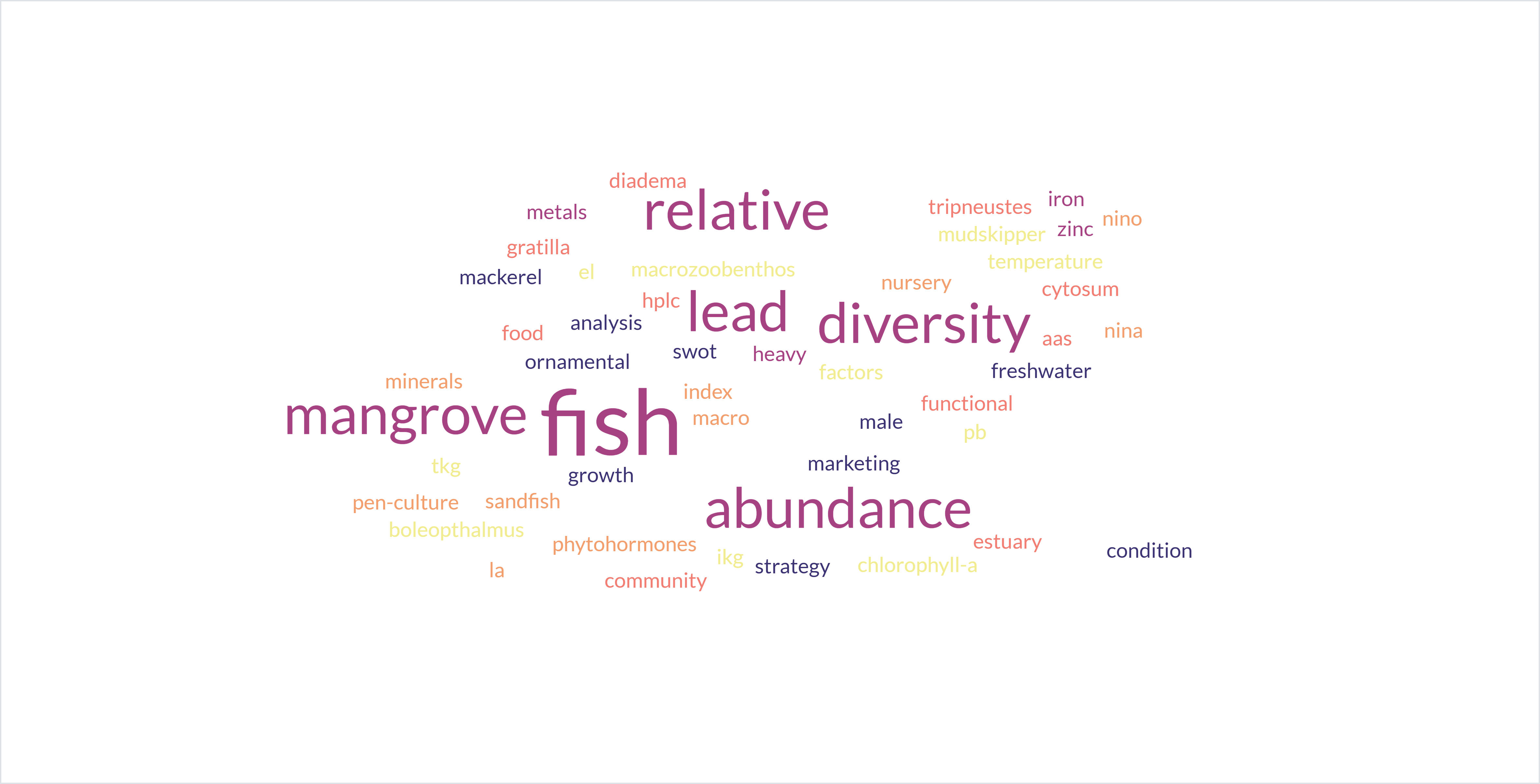Flood Disaster Adaptation In Mentawai District Based On Local Wisdom: Comparative Study Of Disaster-Friendly Houses (Uma)
DOI:
https://doi.org/10.35800/jip.v12i1.53261Keywords:
Flood Disaster Adaptation , Uma, Local wisdom , MentawaiAbstract
In the last decade, the intensity and quality of disaster threats in the Islands Mentawai have been the tallest. Experience has given birth to local wisdom in adapting to natural disasters, especially flood problems. One of the local pearls of wisdom possessed by the Mentawai people to adapt to floods is disaster-friendly houses ( Uma ). So this article was constructed to examine Uma's axiology in dealing with floods. The research method used is a qualitative approach, where data collection techniques use interviews and observation. In-depth interviews were conducted with two different community groups, namely the elite group and the lay community group consisting of 3 elite groups; traditional leaders, religious leaders, community leaders, and 20 general public groups. Data validation was carried out using triangulation techniques and analyzed through data reduction, data presentation, and concluding/verification. Research findings show that Uma has strong adaptive and mitigating powers in dealing with flood disasters. Uma can be compared to the construction of developed countries such as Japan, the Netherlands, and England in adapting to flood risks. Increasingly complex climatic conditions, together with the consequences of inappropriate tourism expansion and weak land use management, have led to an increase in the frequency and severity of flooding in the Mentawais – saltwater intrusion, temperature changes, weather changes, and landslides. The Mentawai region is increasingly vulnerable to the risk of saltwater intrusion, which affects the ability to supply clean water and develop regional infrastructure. Rainfall combined with higher tides has caused an increase in the extent of flooding, especially in the lowland areas of Mentawai Regency
Keywords : Flood Disaster Adaptation ; Uma ; Local wisdom ; Mentawai
References
References:
Chung, DT., & Dan, LH. (2018). New Rural Coastal Housing Space Adapted to Climate Change. Vietnamese Architecture Journal , http://www.baoxaydung.com.vn .
Miles, MB., & Huberman, AM. (1994). Qualitative Data Analysis . Sage Publications, Thousand Oaks, CA.
Munandar, A., Noer, M., Syahni, R., Program, M., Study, D., Program, P., Unand, P., Doctor, P., Development, S., Postgraduate, P., Postgraduate, G., Andalas, U., & Manis, L. (2022). Diversity of Forms of Local Wisdom of the Mentawai Tribe Community in the Marine Tourism Area of Siberut Island. XVI( 01), 1–10.
Ramadhan, A., & Taqyuddin, T. (2021). Disaster Mitigation with Local Wisdom in the Community of West Sumatra. May. https://doi.org/10.13140/RG.2.2.11917.41444 .
Resha, DD, & Ernawati. (2019). Earthquake and Tsunami Disaster Mitigation Based on Local Wisdom in the Red Zone Area of Padang City. BUANA Journal, 3(6), 1342–1355. Retrieved from http://geografi.ppj.unp.ac.id/index.php/student/article/view/705 .
Soeroto, M. (2003). From Traditional Architecture to Indonesian Architecture . Ghalia Indonesia Publisher, Jakarta.
Downloads
Published
How to Cite
Issue
Section
License
Copyright (c) 2023 Dewi Rahmadani Siregar; eri barlian, nurhasyan syah, abdul razak, skunda diliarosta

This work is licensed under a Creative Commons Attribution-NonCommercial 4.0 International License.
COPYRIGHT
Authors who publish with this journal agree to the following terms:
Authors hold their copyright and grant this journal the privilege of first publication, with the work simultaneously licensed under a Creative Commons Attribution License that permits others to impart the work with an acknowledgment of the work's origin and initial publication by this journal.
Authors can enter into separate or additional contractual arrangements for the non-exclusive distribution of the journal's published version of the work (for example, post it to an institutional repository or publish it in a book), with an acknowledgment of its underlying publication in this journal.
Authors are permitted and encouraged to post their work online (for example, in institutional repositories or on their website) as it can lead to productive exchanges, as well as earlier and greater citation of the published work (See The Effect of Open Access).






































